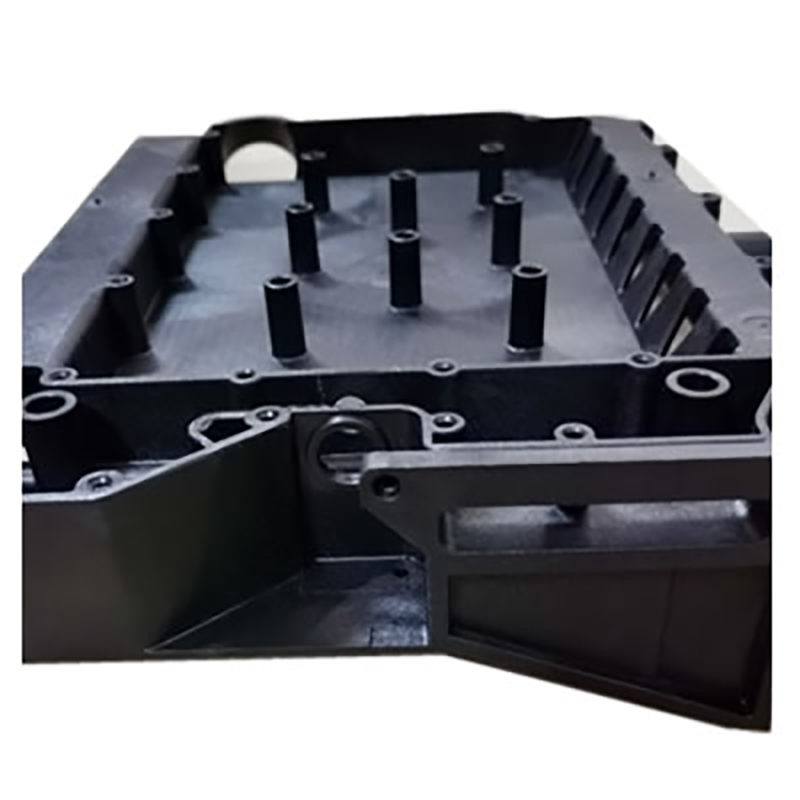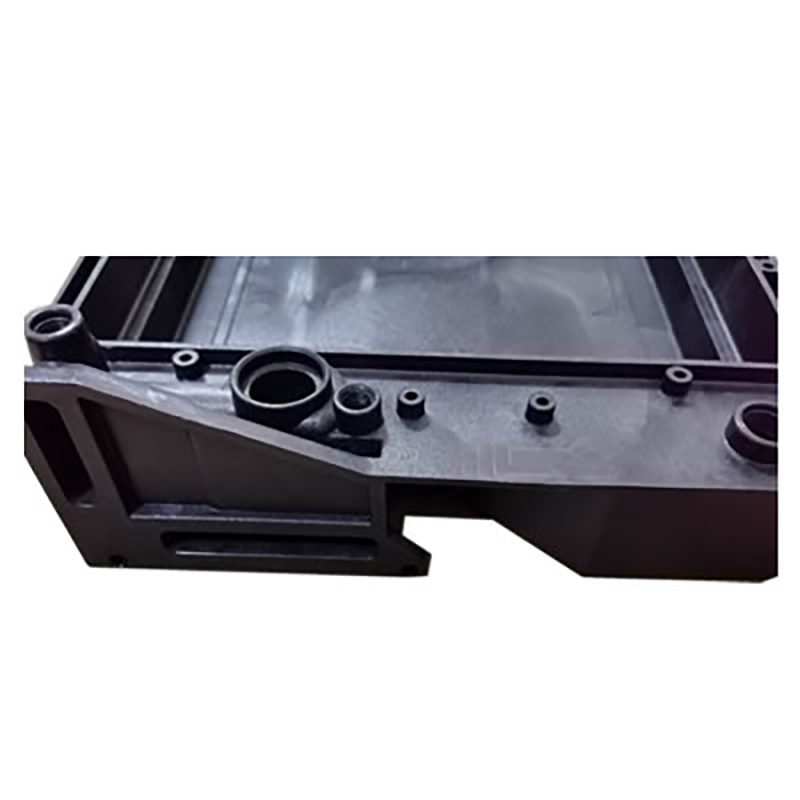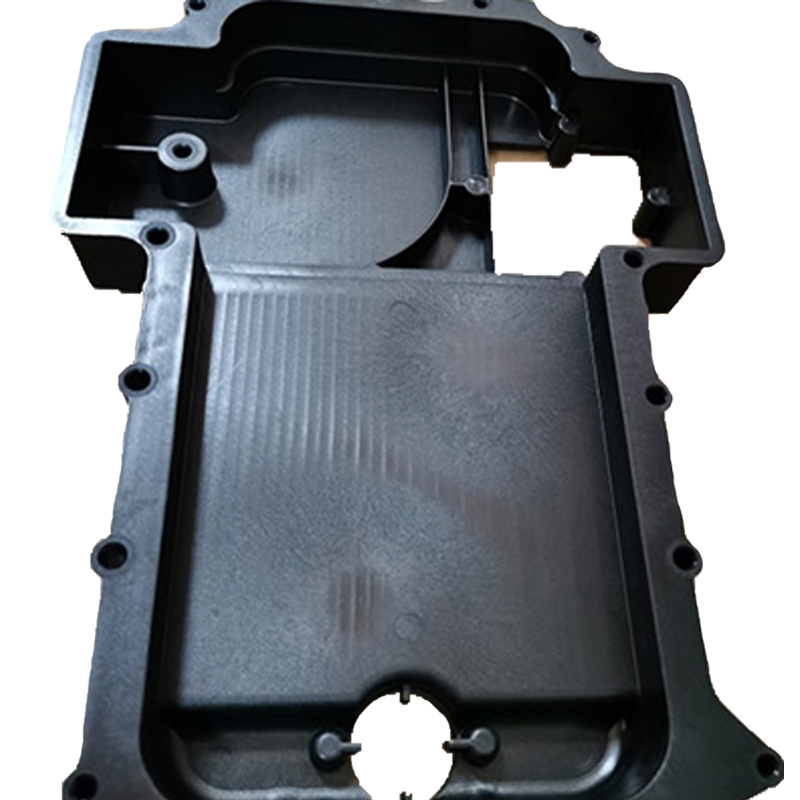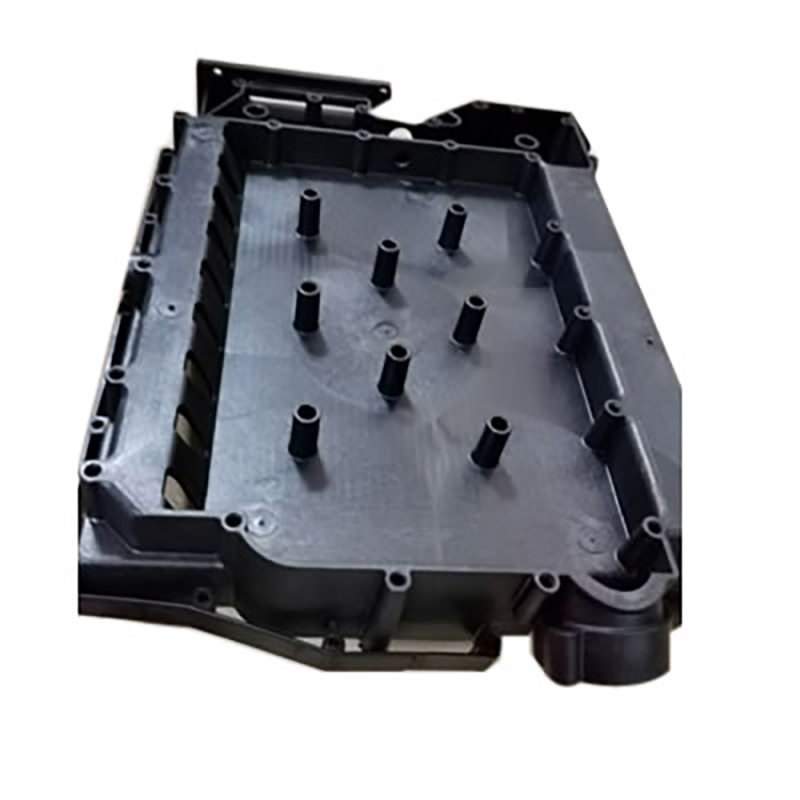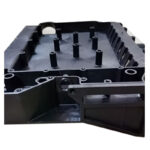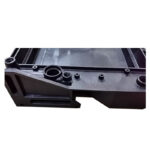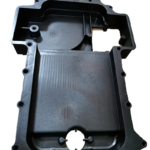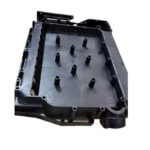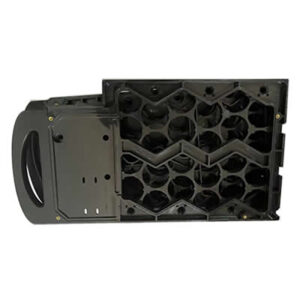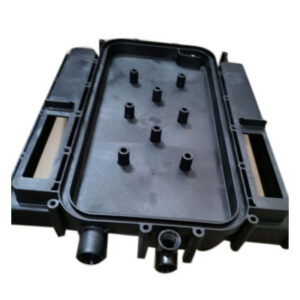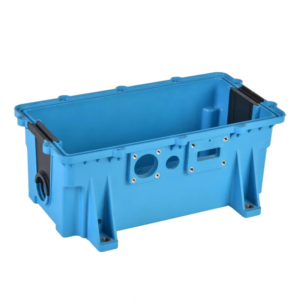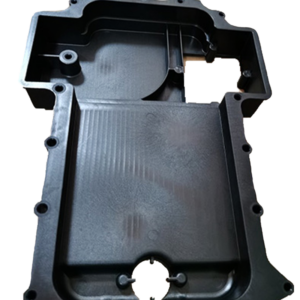The material characteristics for the Car Battery Charger Plastic Shell/Enclosure are crucial for the performance and safety of the product.
- Mechanical Strength: The material must possess sufficient mechanical strength to withstand physical impacts, compression, and bending, ensuring the structural integrity of the enclosure.
- Chemical Stability: The material should exhibit excellent chemical resistance to resist contact with chemicals associated with the internal electronic components and circuits, such as electrolytes, solvents, or cleaning agents.
- High-Temperature Resistance: As the charger may generate heat during operation, the material must be capable of withstanding high temperatures to prevent softening, melting, or loss of strength.
- Flame Resistance: Some applications may require materials with flame resistance to reduce the risk of fires. Flame-resistant materials can prevent the spread of flames.
- Electrical Insulation: The material must provide good electrical insulation to prevent electrical interference and protect internal electronic components from moisture.
- Weather Resistance: The material should have good weather resistance to withstand the effects of UV radiation, humidity, and temperature variations on the enclosure.
- Sealing Properties: The enclosure material should be able to provide effective sealing to prevent dust, moisture, and other impurities from entering the internal circuits.
- Plasticity: The material must be easy to process and shape to ensure manufacturing efficiency.
- Color and Appearance: The color and appearance of the material may vary depending on product design and branding requirements.
- Recyclability: Considering sustainability, some manufacturers may choose recyclable materials to reduce environmental impact.
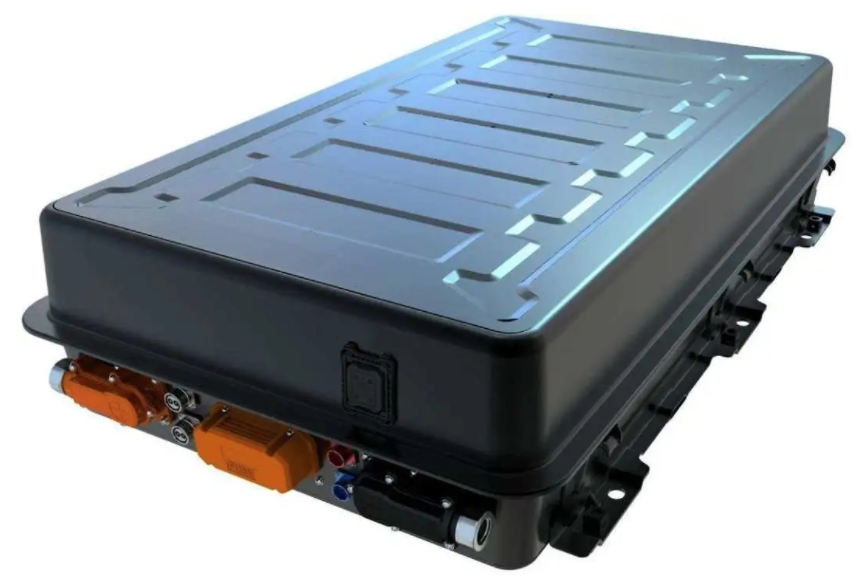
Car Battery Charger Plastic Shell/Enclosure materials come in a variety of options and can be chosen based on the product’s performance and design requirements. Here are some common material choices:
- Polycarbonate (PC)
- Polypropylene (PP)
- Polyether Ether Ketone (PEEK)
- Polystyrene (PS)
- Polyvinyl Chloride (PVC)
- Acrylonitrile Butadiene Styrene (ABS)
- Nylon (PA)
- Polystyrene (PS)
- Polymethyl Methacrylate (PMMA)
We employ precision injection molding technology in the production of Car Battery Charger Plastic Shell/Enclosure to ensure high-quality, high-precision, and consistent casing. Here are the key features of our injection molding process:
- Mold Design and Fabrication
- Material Selection
- Precision Injection Molding
- Multi-Material Injection Molding
- Automation and Robotics
- Process Monitoring
- Quality Control
- Environmental Awareness
Our injection molding technology is a comprehensive process encompassing mold design, material selection, process control, quality testing, and sustainability practices. This ensures that the Car Battery Charger Plastic Shell/Enclosure we produce exhibits consistently high quality, performance, and reliability, suitable for various charger applications.
